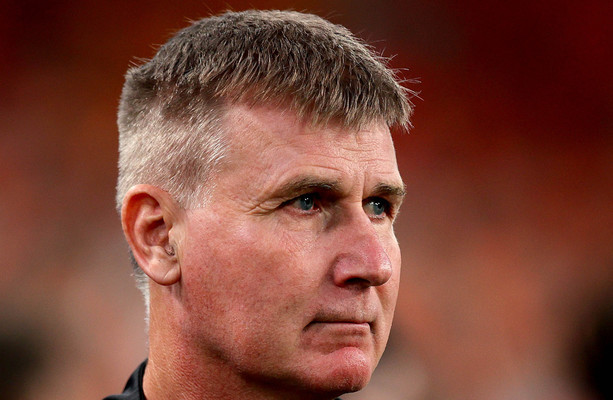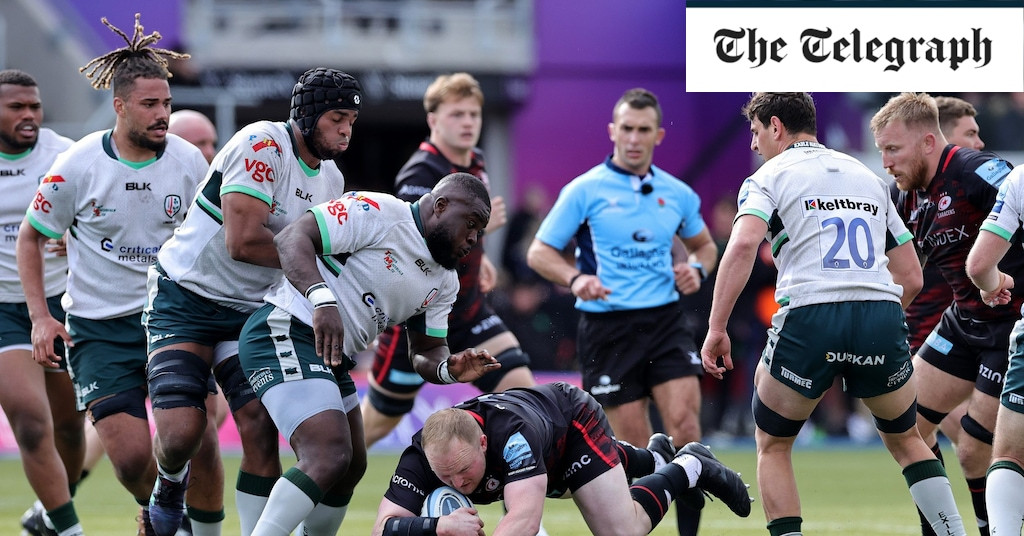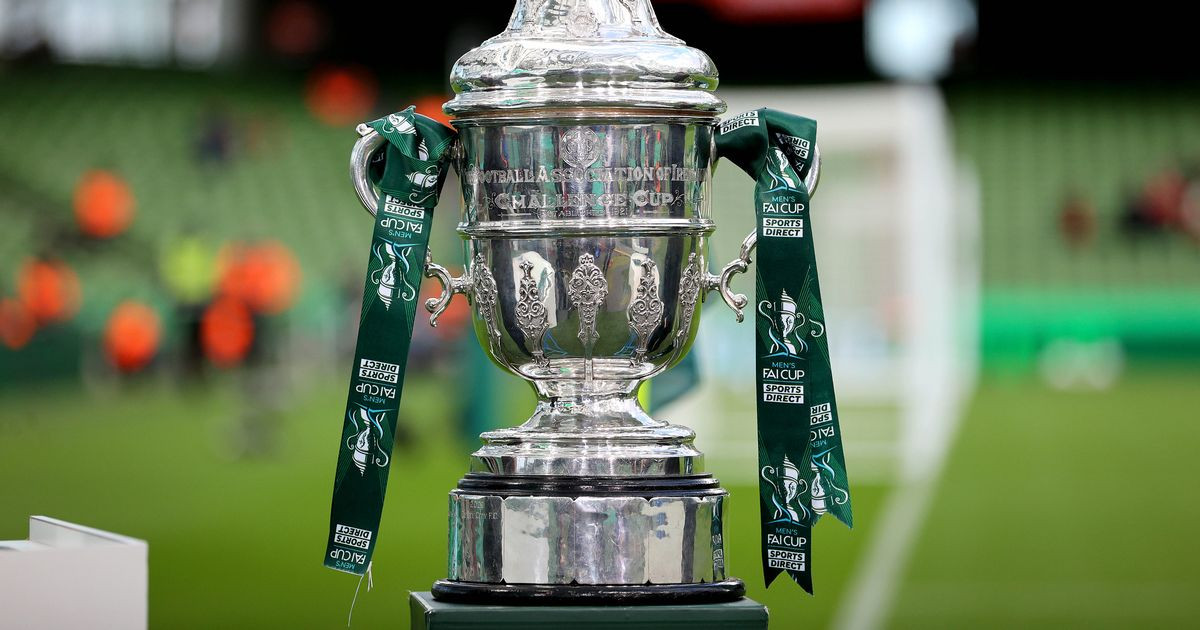The Football Association of Ireland (FAI) is facing a crossroads. The organization is currently navigating through a complex phase characterized by a desperate need for transformation and a lack of clarity about its future. The FAI has proposed a plan for the development of academies, seeking a €10 million per annum investment from the government. The aim is to provide a comprehensive football education that focuses on both education and football for young players. This ambitious initiative has ignited a debate, with some viewing it as a potential savior for the sport in Ireland, while others are skeptical about its effectiveness.
The Challenges Facing Irish Football
Irish football is in a state of crisis. The senior men's team has struggled to achieve any success in recent years, failing to qualify for major tournaments. The under-performance is a reflection of a deeper malaise within the sport. There is a lack of investment in grassroots football, and a dearth of talented players coming through the ranks. Moreover, the FAI has been plagued by scandals and financial mismanagement, further damaging its reputation.
The Funding Gap
The FAI's plan to develop academies hinges on a €10 million per annum investment. This funding will be crucial in developing the infrastructure and coaches needed to create a world-class academy system. However, the FAI's track record with financial management has raised concerns about the effectiveness of such an investment.
The Lack of Facilities
The FAI has acknowledged the shortcomings in facilities. The League of Ireland academies are severely lacking in resources, with inadequate training grounds and limited full-time staff. This lack of investment has hampered the development of young players, creating a gap between Ireland and other European countries.
The FAI's Blueprint for the Future
The FAI's plan for a revamped football pathway aims to address the fundamental issues that have plagued the sport. Key elements of this plan include an aligned calendar for all levels of football in Ireland, the establishment of professional academies, and a specific style of play for all Irish international teams.
The Aligned Calendar
The FAI's plan proposes a single calendar for all levels of football, from grassroots to professional. This would help to create a unified football ecosystem and provide a clear pathway for young players to progress.
The Rise of Academies
The FAI has identified academies as a crucial component of the future of Irish football. They believe that investing in professional academies will provide young players with the necessary training and education to reach their full potential.
The Green Line
The FAI has outlined a vision for a specific style of play for all Irish international teams, which they are calling “the green line.” This approach seeks to develop a distinctive playing style that would be recognizable even without the Irish jersey.
The Doubts and the Uncertainties
Despite the FAI's optimism, there are still doubts about the effectiveness of the plan. Critics argue that the FAI has a history of failing to deliver on its promises and that the €10 million investment may not be enough to address the deep-rooted problems within the sport.
The FAI's Track Record
The FAI's track record of mismanagement and failure has led to skepticism about its ability to implement the plan effectively. Some believe that the organization needs to undergo significant internal reform before it can be trusted to manage such a large investment.
The Lack of Trust
The FAI's missed deadline for applying for the Brexit Adjustment Fund highlights the lack of trust in the organization. The FAI was hoping to secure up to €20 million over a two-year period to support youth development initiatives. However, the organization failed to submit the application on time, losing out on a significant opportunity.
Can the FAI Turn Things Around?
The FAI is facing an uphill battle. The challenges are significant, and the organization has a lot to prove. However, with the right leadership, commitment, and investment, there is hope that Irish football can be revitalized.
The FAI must be held accountable. It must be transparent in its decision-making, and it must demonstrate a commitment to building a sustainable future for Irish football.
The plan for academies is a positive step, but it is only one piece of the puzzle. The FAI needs to address the wider systemic issues that are holding Irish football back, and it needs to do so with a sense of urgency.
The future of Irish football is at stake. The FAI has a chance to make a difference, but only if it can overcome the challenges it faces and earn back the trust of the Irish public.



















